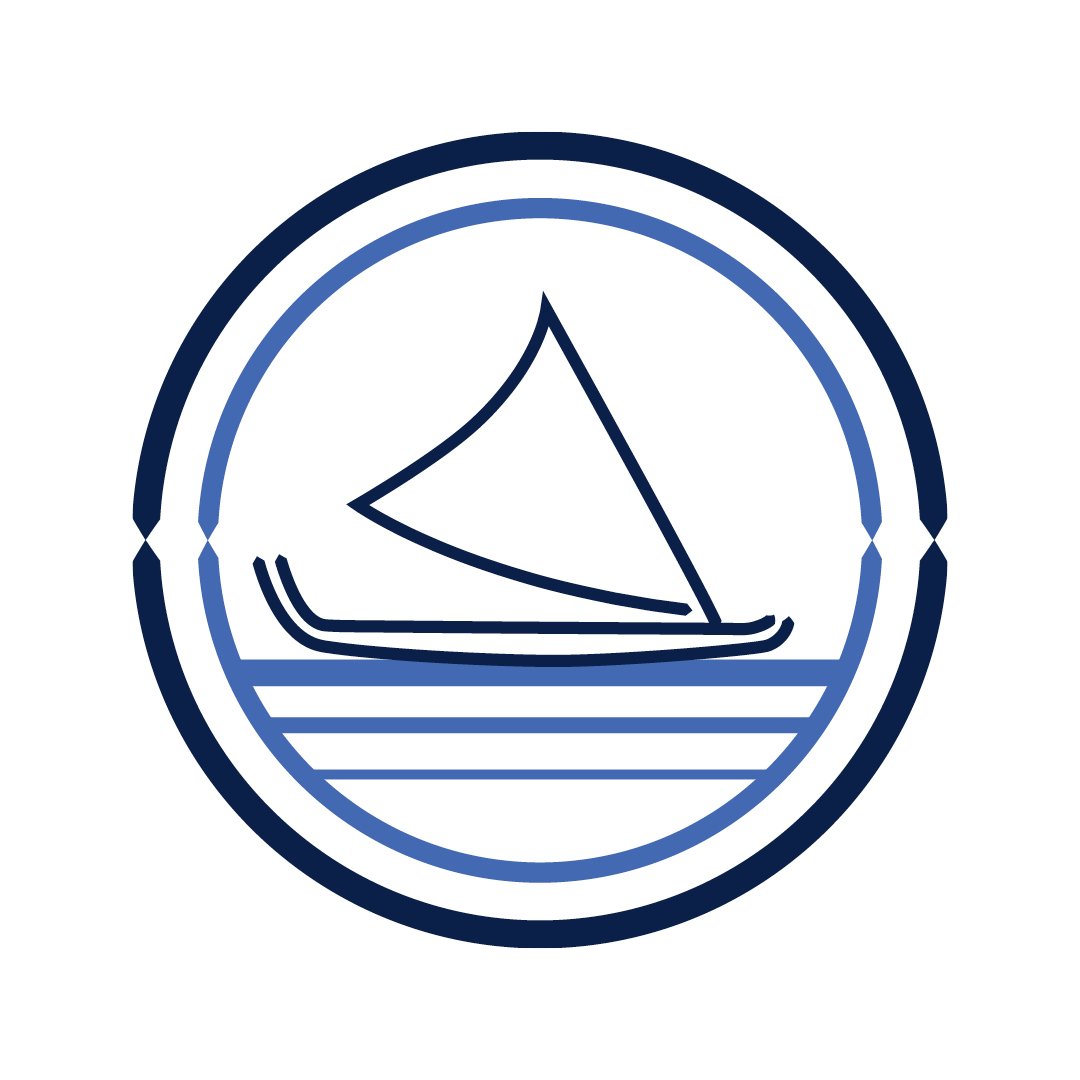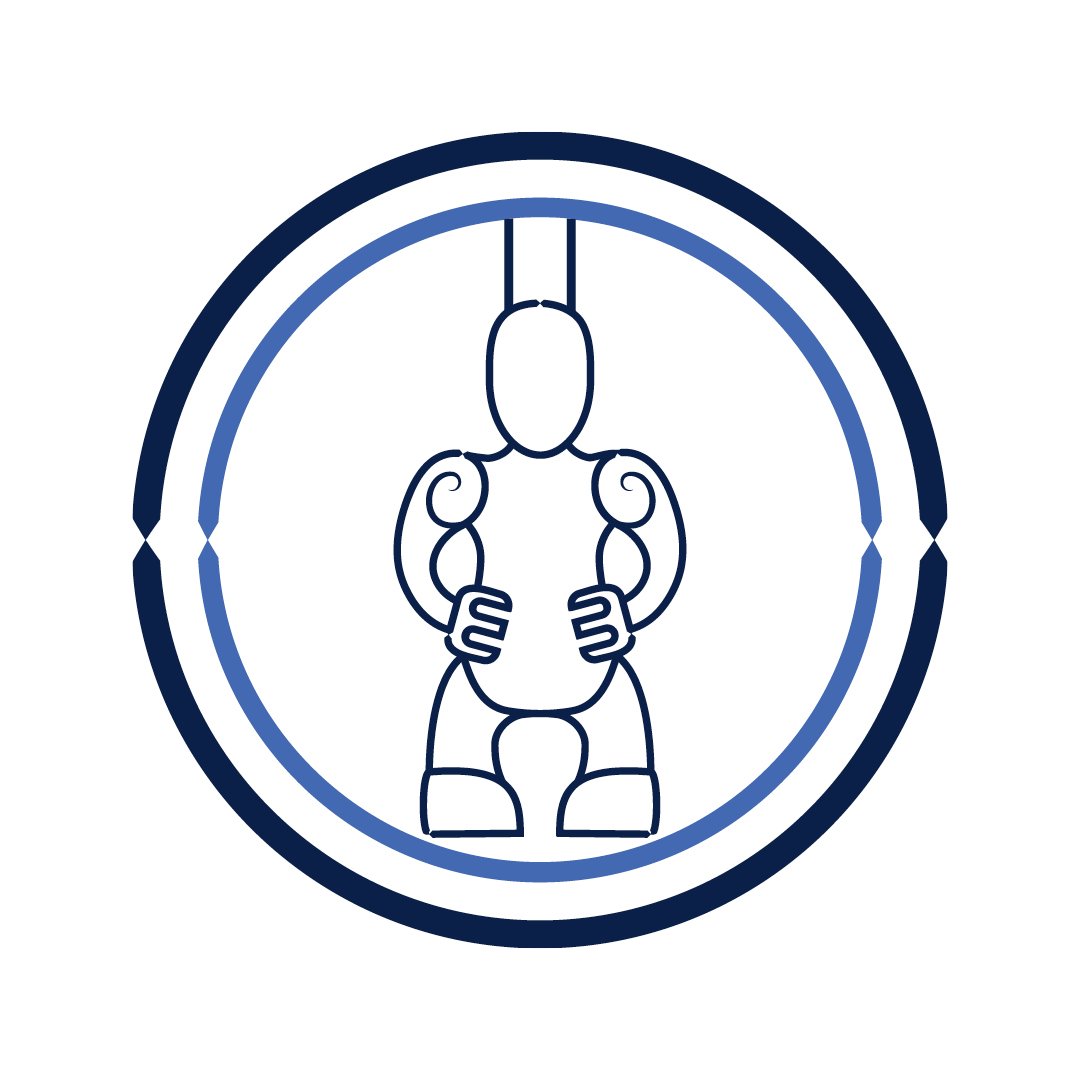MANAVA MOANA
Māramatanga: The breath of life of Moana peoples seeks to nurture, excite, motivate, navigate, and to inspire curiosity, and transformational leadership as a means of sustaining our collective existence. It also contributes to new and vibrant perspectives created among generations coming through.
Ngā Āhuatanga: ‘Manava’[1]means ‘the breath of life’. It is the core of one’s being, it is our physical existence where ‘manava’ is the source, it is seated in the emotions, heart and soul of a person and of our collective. ‘Manava’ is critical to our physical existence and being in this world. ‘Moana[2]’ sustains our people and our fenua (homelands) and, it is a term that we identify with and are strongly connected to because of our shared genealogies, songs, narratives, and navigational voyages including the impact of colonisation. We are the Moana and the Moana[3] is us.
Hapori: Manava Moana seeks to research[4], and collaborate with like minds in all areas relating to the Pacific – Te Moananui a Kiwa. This includes revitalising Pacific languages; education; health and wellbeing; social services; environment and climate change; housing; the performing and creative arts, and innovation as a means of benefiting and transforming the lives of Moana (Pacific) peoples and their communities.
Kaihautū: Dr Benita Simati-Kumar – benita.simati-kumar@twoa.ac.nz
———————————————————————
[1] Manava has multiple meanings. In Hawai’i and the Cooks Islands means the seat of emotions or, a person’s heart and soul. In Tahiti ‘manawa’ means to welcome and be hospitable to guests. In Tokelau, Tonga, Tuvalu and Sāmoa, ‘manava’ means ‘the breath of life’. For most Pacific island nations ‘manava’ means belly.
[2] Moana represents the peoples of the Moana. In Aotearoa, New Zealand we are called Pacific peoples, Pasifika, and Pacifika. A term used to homogenise us. This term is used for people from Polynesia, Micronesia and Melanesia.
[3] ‘Moana’ is referred to in our songs, whakapapa and narratives. The term ‘Pacific ocean’ replaced ‘Moana’during the colonisation of our peoples.
[4] In Aotearoa, New Zealand there are eight Moana groups (Pacific groups) recognised by the New Zealand Government. They are: Tonga, Tokelau, Sāmoa, Tuvalu, Cook Islands, Fiji, Niue, and Kiribati. Tokelau, Cook Islands and Niue are realm states meaning that New Zealand is the governing body of these nations. The others are self-governing.









